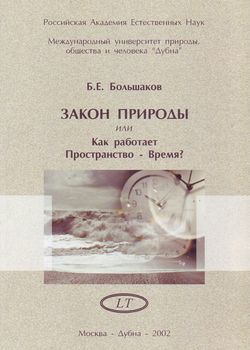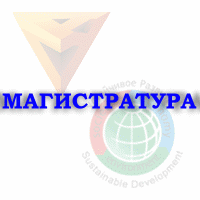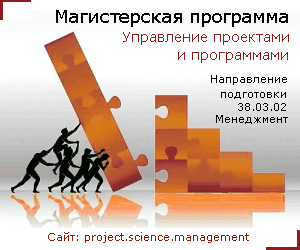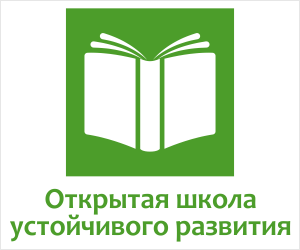Akhmetzhan Samal Zakiyevna, head of the “TIEND” department of the KRMU, Candidate of Technical Sciences, associate professor
Zhumashev Marat Sungatuly, teacher of KRMU, Master of Technical Sciences
Sagynova Aidana Munalbajkyzy, teacher of the KRMU, Master of Technical Sciences
Bakytzhankyzy Bakshaguli, lecturer of the KRMU, Master of Natural Sciences
Abstract
The article is devoted to the technology of construction of permanent geological models on the example of the Karachaganak field, with the help of which it is possible to increase the resource base of the oil field by means of achieving: economically efficient exploration of the deposit and calculation of reserves; rapid commissioning of a newly discovered field; decrease in the rate of decline in production in the developed fields; reduction of the cost price of oil production.
KEYWORDS: geological models, geo-mechanical model, Karachaganak field, reservoir simulation model, vertical permeability, reservoir, well.
Download article CONSTANTLY OPERATING GEOLOGICAL MODELS AS A BASIS FOR THE MANAGEMENT OF THE RESOURCE BASE OF OIL FIELDS![]()

 ПОСЛЕДНИЕ ЭКЗЕМПЛЯРЫ ТИРАЖА
ПОСЛЕДНИЕ ЭКЗЕМПЛЯРЫ ТИРАЖА





